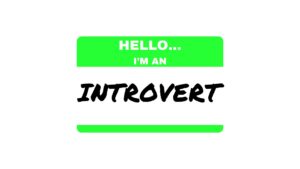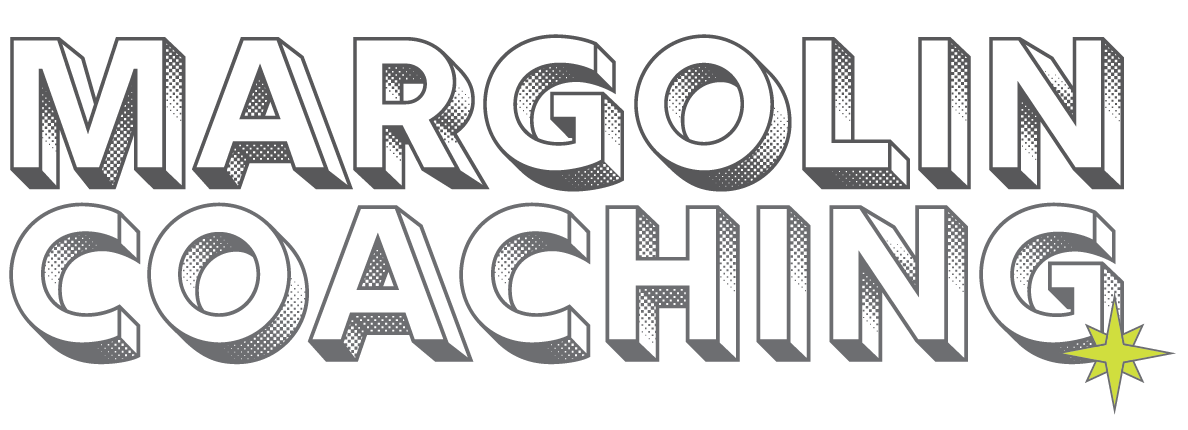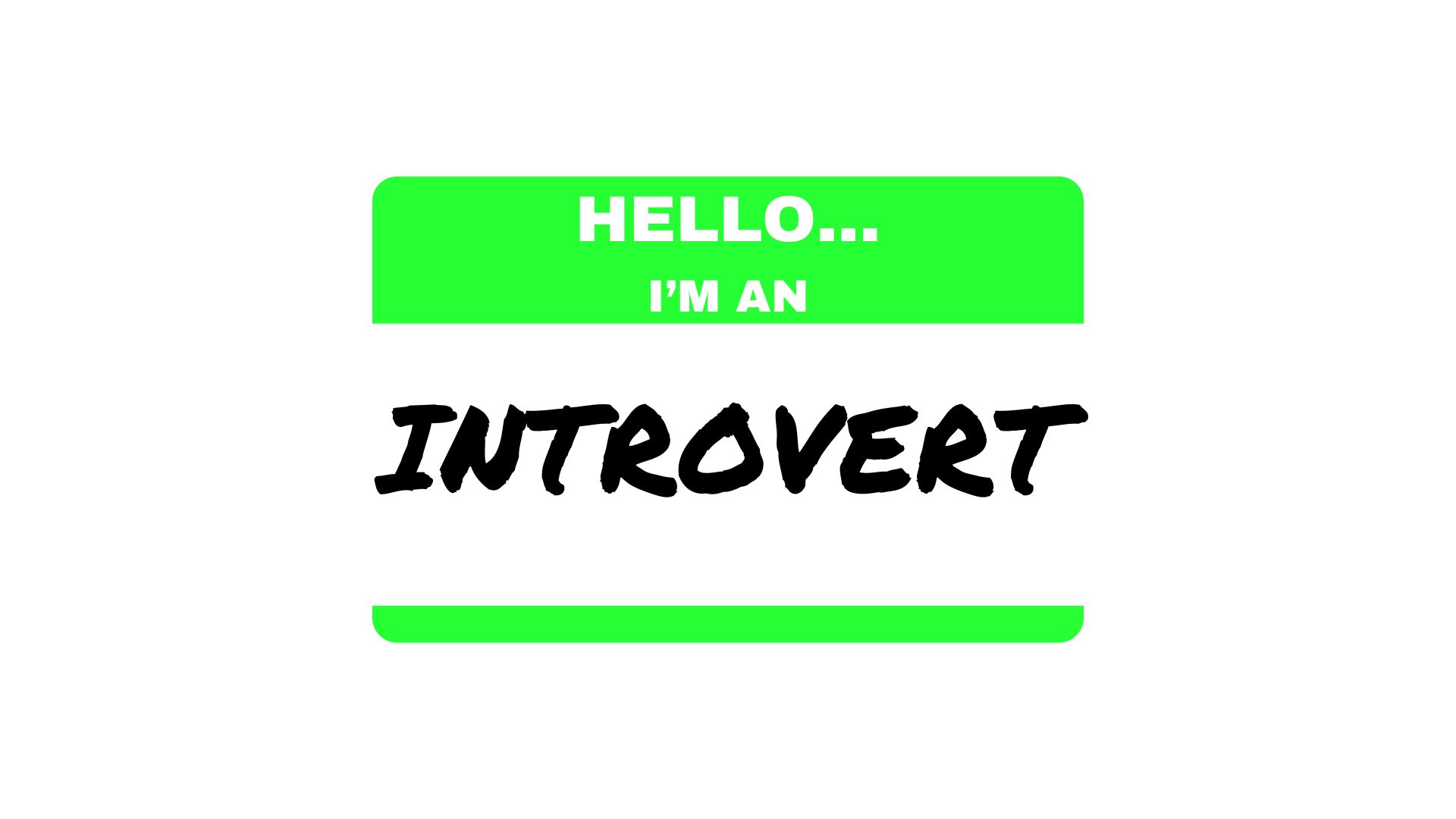The Power of Introversion: How to Thrive in a World That Loves Extroverts

Introversion often gets a bad rap. In a world that celebrates constant social media updates, open-office workspaces, and the hustle of self-promotion, introverts can feel out of place. But if you’re an ambitious woman who’s felt like you don’t quite fit the extroverted mold, there’s good news: Introversion offers strengths that can help you achieve your biggest goals without draining your energy.
I consider myself an extroverted introvert, and over time, I’ve learned to work with both sides of my personality. These traits aren’t contradictions. They’re assets. For women who want more success, more impact, and more balance, recognizing and using introverted traits can be the key.
The Introverted Brain: Wired Differently
Introverts’ brains are actually wired differently than extroverts’, and understanding these differences can explain why introverts tend to approach the world—and their work—differently:
- Prefrontal Cortex: Introverts have a thicker prefrontal cortex, the area of the brain responsible for deep thought and decision-making. This means introverts tend to think things through before making big decisions, rather than rushing into them.
- Dopamine: Introverts’ dopamine system isn’t as activated by social events as extroverts’. So while extroverts may thrive in crowded social settings, introverts often feel drained or anxious in them. It doesn’t mean introverts don’t like people; they just need time to recharge.
- Acetylcholine: Introverts have more receptors for acetylcholine, a neurotransmitter that creates a sense of well-being in calm, quiet environments. This explains why introverts often feel more at ease in low-stimulus settings where they can think and focus.
- Social Processing: Introverts process social information more slowly than extroverts. Extroverts might feel energized by a lively conversation, but introverts tend to prefer deeper, more meaningful exchanges.
The Strengths of Introversion
These brain differences don’t make introverts any less capable—in fact, they offer unique strengths:
- Deep Thinking and Problem-Solving: Introverts don’t rush to conclusions. Instead, they take their time to think things through. This deliberate approach leads to stronger problem-solving and better decision-making.
- Focus and Concentration: Introverts are naturally better at concentrating for long stretches. In a world full of distractions, the ability to stay focused is an invaluable skill.
- Independent Thinking: Introverts tend to trust their own judgment, and they’re less likely to follow the crowd. This independence can be key to generating fresh ideas and avoiding groupthink.
The Opportunities for Ambitious Women
If you identify with introverted traits, there’s huge potential for you to achieve your goals without forcing yourself into an extroverted mold. Here’s how:
- Make Focus Your Advantage: Introverts tend to prioritize quality over quantity, whether it’s projects or relationships. Your ability to focus means you can cut through the noise and stay aligned with your goals, without getting distracted by everything that isn’t moving you forward.
- Lead on Your Own Terms: Leadership doesn’t require being the loudest person in the room. Introverts are natural leaders who influence through clarity, intention, and strong ideas—qualities that make you stand out in the long run.
- Think Independently: Introverts aren’t afraid to go against the grain. Your independent thinking can generate new solutions, keep you from falling into the trap of groupthink, and help you innovate in ways that others can’t.
- Communicate with Confidence: Self-promotion doesn’t need to feel like a chore. If you can craft a clear, simple message about what you stand for and what you do, you’ll communicate more effectively. Practice, refine, and own your message.
How to Thrive on Your Own Terms
Being an introvert doesn’t mean holding yourself back. Instead, it means being selective about where and how you invest your energy. You don’t have to be someone you’re not to succeed. Lean into your strengths—your ability to think deeply, focus for long periods, and lead with intention—and you’ll find success without burning out.
The women I work with know how to use their introverted traits to build careers and lives they want. You can do the same. When you use what makes you unique, you won’t just meet your goals—you’ll surpass them.
Conclusion: Recognizing Your Strengths
Introverts and extroverts offer complementary strengths. Understanding and using your introverted traits doesn’t just help you get ahead—it can redefine the way you achieve what you want. The world doesn’t need more of the same. It needs more of what makes you different. When you choose to tap into your introverted strengths, you’ll see the opportunities open up.




